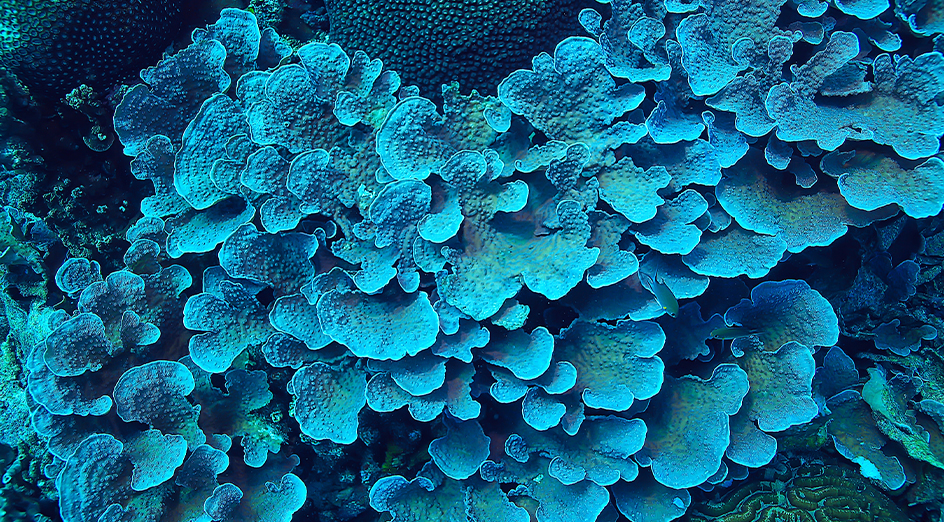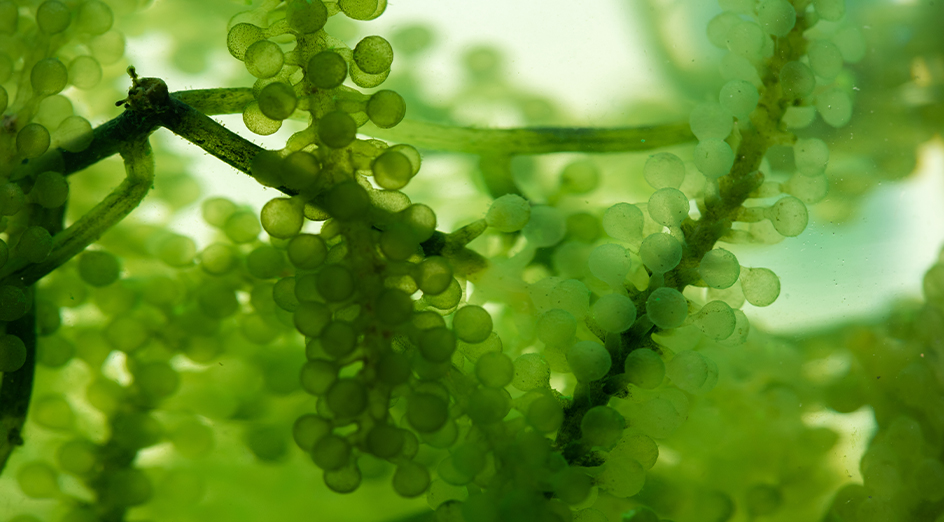Dr Andrew Forrest AO today officially opened the Minderoo Foundation OceanOmics Centre at The University of Western Australia, a facility that promises to deliver major breakthroughs in the way global ocean health is measured and understood.
The Minderoo OceanOmics Centre at The University of Western Australia brings together the latest advances in DNA sequencing and analysis of environmental DNA’ or ‘eDNA’ – the floating fragments of genetic material found in seawater – which eclipse the speed and scale of conventional methods for monitoring life in the ocean.
“There’s nowhere else in the world that has brought together the firepower of genomic technology and expertise that we have developed within the Minderoo OceanOmics program and at this new Centre,” Dr Forrest said.
“This is a pivotal moment in time when we need to really understand and respond to our planet’s climate emergency, and this research is key to formulating an appropriate response before marine ecosystem and biodiversity loss becomes catastrophic.”
UWA Vice-Chancellor Professor Amit Chakma welcomed the investment in innovative ocean research.
“This capability to identify species from traces of DNA floating in the water will dramatically improve our capacity to analyse and inform conservation efforts for life in the ocean,” Professor Chakma said.
“We are pleased to be working with Minderoo Foundation to develop the capability for this world-leading research at UWA.”
For the last two years, Minderoo Foundation has been assembling a team of leading experts in eDNA, marine ecology and computational biology to build a Centre of Excellence in the science of monitoring life in the ocean, the program has been named ‘OceanOmics’.

The vision for such an ambitious program was first outlined in Dr Forrest’s 2019 Doctoral Thesis Pelagic ecology and solutions for a troubled ocean, and later in Dr Forrest’s paper published in Conservation Letters, The Panthalassa project: The future of ocean research for conservation, where he challenges global peers to replicate the approach if he can successfully test the hypothesis that near real-time, large-scale data collection can accelerate ocean conservation.
Director of OceanOmics at Minderoo Foundation, Dr Steve Burnell said the Minderoo OceanOmics Centre and the broader program behind it is a game-changer.
“We have created a world-first centre for marine genomics, combining a cutting-edge ocean genomes laboratory, OceanOmics laboratory and computational biology capabilities that allow us to forensically detect what marine DNA is in the water at a speed and scale that will revolutionise the way we measure, understand and conserve life in our only ocean,” Dr Burnell said.
Only one per cent of marine vertebrates have had their genomes sequenced to date and the Minderoo OceanOmics Centre will generate and openly share the largest library of marine vertebrate reference genome information available.

Minderoo Foundation is working with global partners including Illumina, the largest sequencing company in the world, as well as CSIRO and UWA, to adapt the most advanced sequencing technologies to ocean conservation and create mito-genomes or genetic “barcodes” for each of the approximately 5,500 species of marine vertebrates in Australian waters.
The Minderoo OceanOmics Centre will process samples, data and information from around the world, with an initial focus on the under-researched Indian Ocean, with the goal to establish biodiversity and ocean health baselines from which to analyse and interpret future changes.
